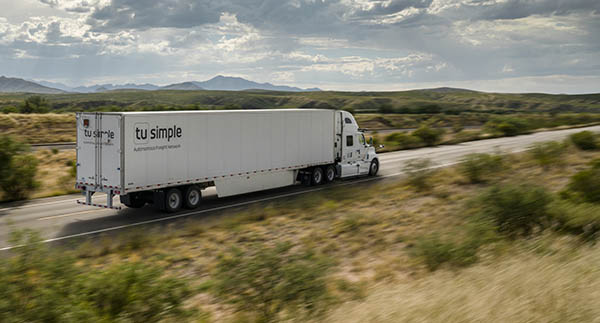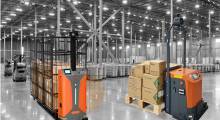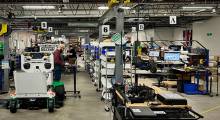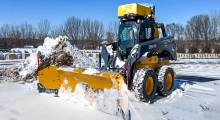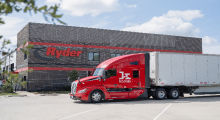Earlier this week, TuSimple announced a restructuring plan that involves a 25% reduction of the company’s total workforce.
The company said about 80 % of its remaining workforce is in the research and development department. Adding that the division is composed of “engineers critical to hardware and software resilience, reliability, safety, and information security.”
Founded in 2015, TuSimple said it is “developing a commercial-ready, fully autonomous (SAE Level 4) driving solution for long-haul heavy-duty trucks.”
TuSimple scales back freight expansion
TuSimple added as part of the restructuring it will “actively work with key shipping partners to operationalize its autonomous technology, and in an effort to help ensure capital efficiency, the company also plans to scale back freight expansion, including unprofitable freight lanes and respective trucking operations.”
“Trucking operations along those lanes utilize previous generation autonomous software that provides limited value to the Company's on-going technology development,” it added. “The majority of the restructuring is in the Company's U.S. operations as the Company continues its plan to explore strategic alternatives for its Asia business, including a divestiture.”
CEO brings in new advisers
The news comes a month after Cheng Lu came back to lead the company. As part of his return, Lu named “three independent directors to the board, reconstituted its board committees, including an independent audit committee in compliance with Nasdaq requirements, and stabilized the management team, including naming its interim CFO, Eric Tapia, as permanent CFO.”
Mike Mosier was also named security director—“a position which required review and a notice of non-objection from CFIUS,” the company said.
“I returned to TuSimple as CEO to help address a number of challenges and set the Company up for long-term success,” Lu said in a statement. “This required evaluating our entire workforce and making tough decisions. It's no secret that the current economic environment is difficult.”
“We must be prudent with our capital and operate as efficiently as possible,” he added. “While I deeply regret the impact this has on those affected, I believe it is a necessary step as TuSimple continues down our path to commercialization.”
“This is part of our overall strategy to prioritize investments that bring the most value to shareholders, and position TuSimple as a customer-focused, product-driven organization,” said Lu.
Article topics
Email Sign Up

